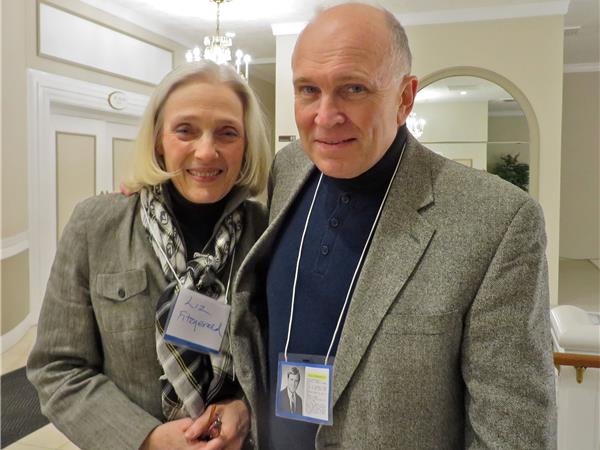In the end, Judis argues that the neoconservative success at using self-fulfilling prophecies to kill de'tente actually made the Cold War far more dangerous by encouraging the Soviet Union to undertake a military buildup and expand its influence which the neoconservatives then used as proof that their theories were correct. In effect, "Neoconservatism was a self-fulfilling prophecy. It helped precipitate the crisis in U.S.-Soviet relations that it then claimed to uncover and respond to."
Writing in the summer of 1995 with the Cold War finally ended and the storm passed, Judis considered neoconservatism as the subject of ridicule, describing key neoconservatives as merely political anachronisms and not the thriving political dynamo described by John Ehrman in his book. But in the end Ehrman turned out to be right, the neoconservative crusade had not come to a close with the end of the Cold War but had only entered a new and more dangerous phase.
Copyright - 2018 Fitzgerald & Gould All rights reserved
Part 1: It's been done to Russia before but this time will be the last
Paul Fitzgerald and Elizabeth Gouldare the authors of Invisible History: Afghanistan's Untold Story , Crossing Zero The AfPak War at the Turning Point of American Empire and The Voice . Visit their websites at invisiblehistory and grailwerk.com
(Note: You can view every article as one long page if you sign up as an Advocate Member, or higher).





